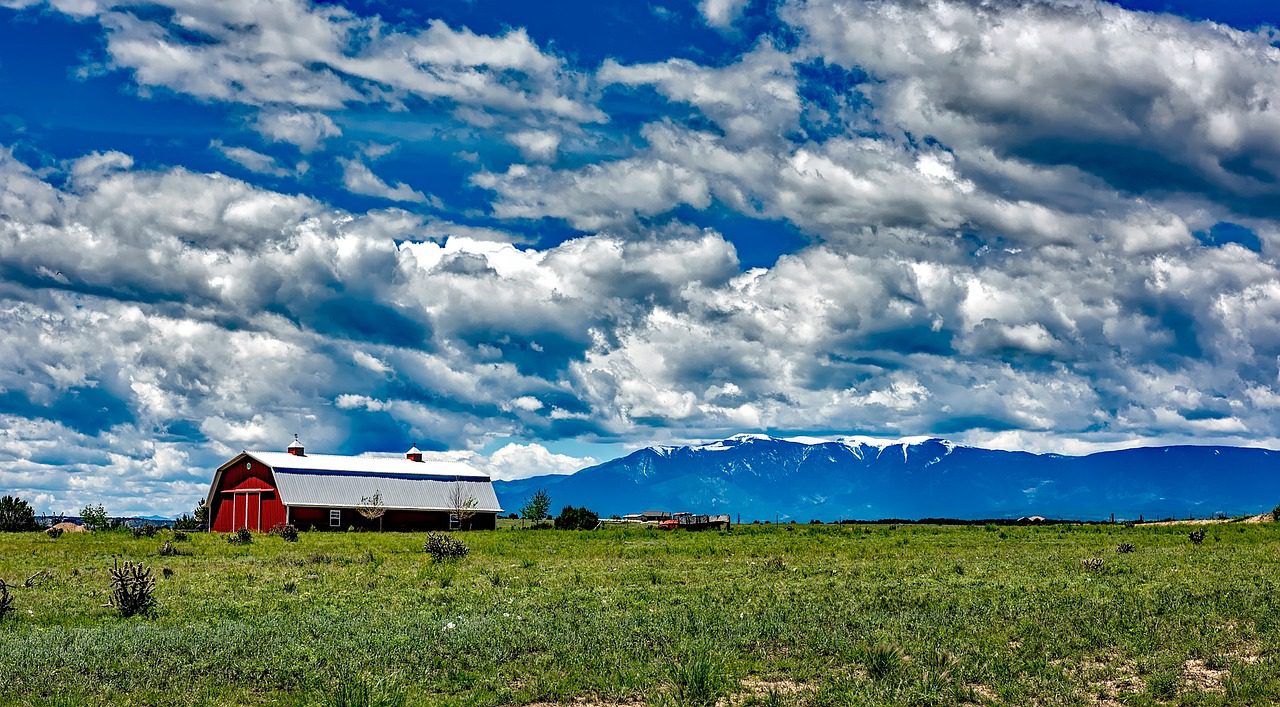July 20, 2023 — Earlier this month, U.S. Senators Michael Bennet (D-Colo.), Jerry Moran (R-Kan.), and Martin Heinrich (D-N.M.) came together to propose a bill that could fundamentally alter the landscape of American agriculture – the Voluntary Groundwater Conservation Act. According to Sen. Bennet’s July 11 press release, this groundbreaking legislation seeks to empower family farmers and ranchers, offering them the necessary flexibility to protect precious groundwater resources, while maintaining their agricultural lands in production.
Addressing an Urgent Need.
With climate challenges, the three senators recognize the pressing need to conserve rapidly declining groundwater resources.
“Colorado’s family farmers and ranchers face a future that’s going to be a lot hotter and a lot drier — and they need us to ensure USDA’s conservation programs live up to their potential,” said Bennet .
.
The Act has received strong backing from several prominent agricultural and conservation groups.
A New Approach to Groundwater Conservation.
The Voluntary Groundwater Conservation Act (pdf link to bill text) introduces a new voluntary groundwater easement program at the United States Department of Agriculture’s (USDA) Natural Resource Conservation Service (NRCS) within the Agricultural Conservation Easements Program.
introduces a new voluntary groundwater easement program at the United States Department of Agriculture’s (USDA) Natural Resource Conservation Service (NRCS) within the Agricultural Conservation Easements Program.
Modeled after Colorado Open Lands’ experience — the organization behind the first-ever groundwater easement in 2022 for the Rio Grande River Basin — the Act is seen as an innovative solution for sustainable groundwater management.
Key Aspects of the Voluntary Groundwater Conservation Act.
The legislation has several noteworthy features:
- It sets up a new Groundwater Conservation Easement Program at USDA to encourage voluntary, compensated reductions in groundwater consumption on agricultural land.
- It provides for NRCS to cover transaction costs up to 5 percent of the federal share and ensures an advance payment for limited resource producers.
- It ensures long-term management flexibility for producers to continue farming and reduce water use, while guaranteeing they conserve the agreed-upon amount each year.
- It promises fair compensation for farmers based on the market value of the water right instead of a per acre payment.
- It clarifies that easement funds shall not be counted towards a farm’s adjusted gross income and that producers with an adjusted gross income of more than $900,000 are eligible for a waiver to participate in groundwater conservation easements.
Support for Groundwater Conservation Easement Legislation.
The proposal has been received with enthusiasm from a wide range of stakeholders, recognizing the importance of voluntary and flexible tools to conserve water. The bill is supported by Colorado Open Lands, Colorado Cattlemen’s Agricultural Land Trust, Colorado Farm Bureau, Rocky Mountain Farmers Union, Colorado Potato Administrative Committee, Ogallala Land & Water Conservancy of New Mexico, Southwest Kansas Groundwater Management District No. 3, Big Bend Groundwater Management District No. 5 of Kansas, Texas Agricultural Land Trust, National Wild Turkey Federation, National Audubon Society, the Theodore Roosevelt Conservation Partnership, and Western Landowners Alliance.
“As a farmer and rancher in the San Luis Valley, I have seen firsthand the need for flexible and voluntary funding tools for farmers to conserve water while still being able to farm,” said James Henderson, Vice President, Colorado Farm Bureau.
From farmers to conservation experts, this Act’s potential to ensure long-term groundwater sustainability while promoting agricultural growth is celebrated as a promising way forward. The Voluntary Groundwater Conservation Act aims to set a path to a future where agriculture and natural resources are protected for generations to come.


Leave a Reply